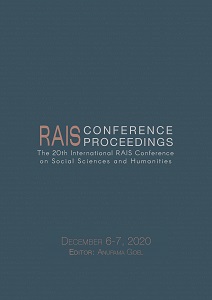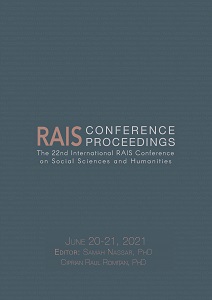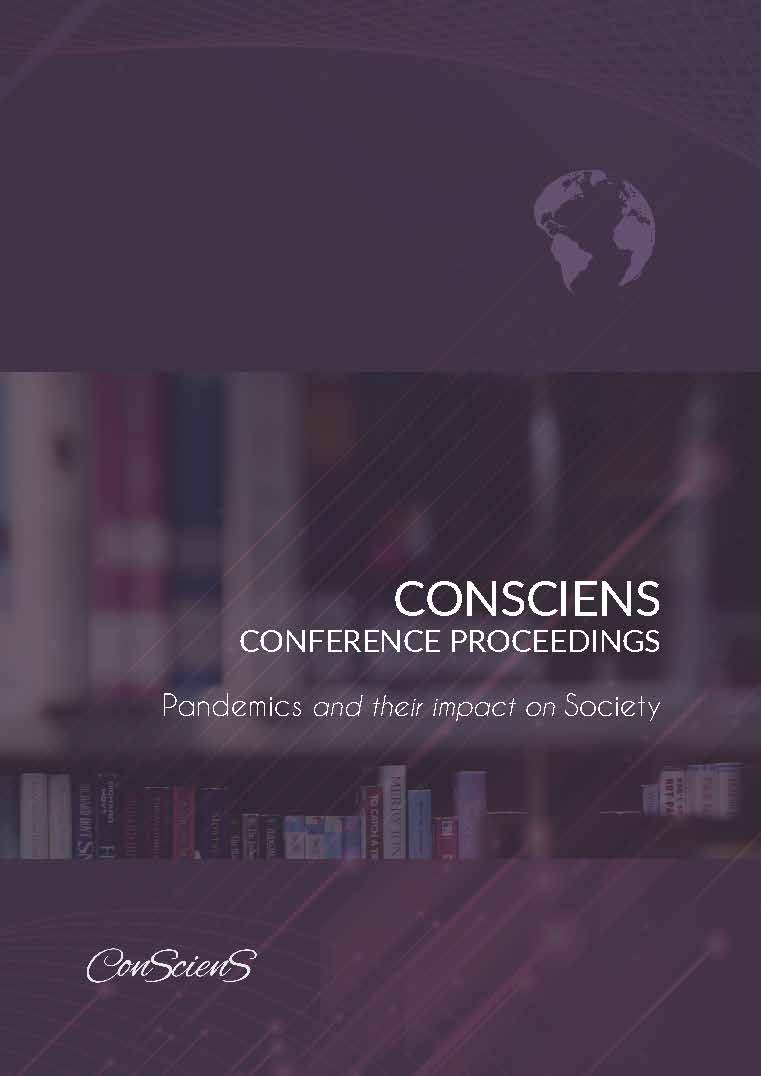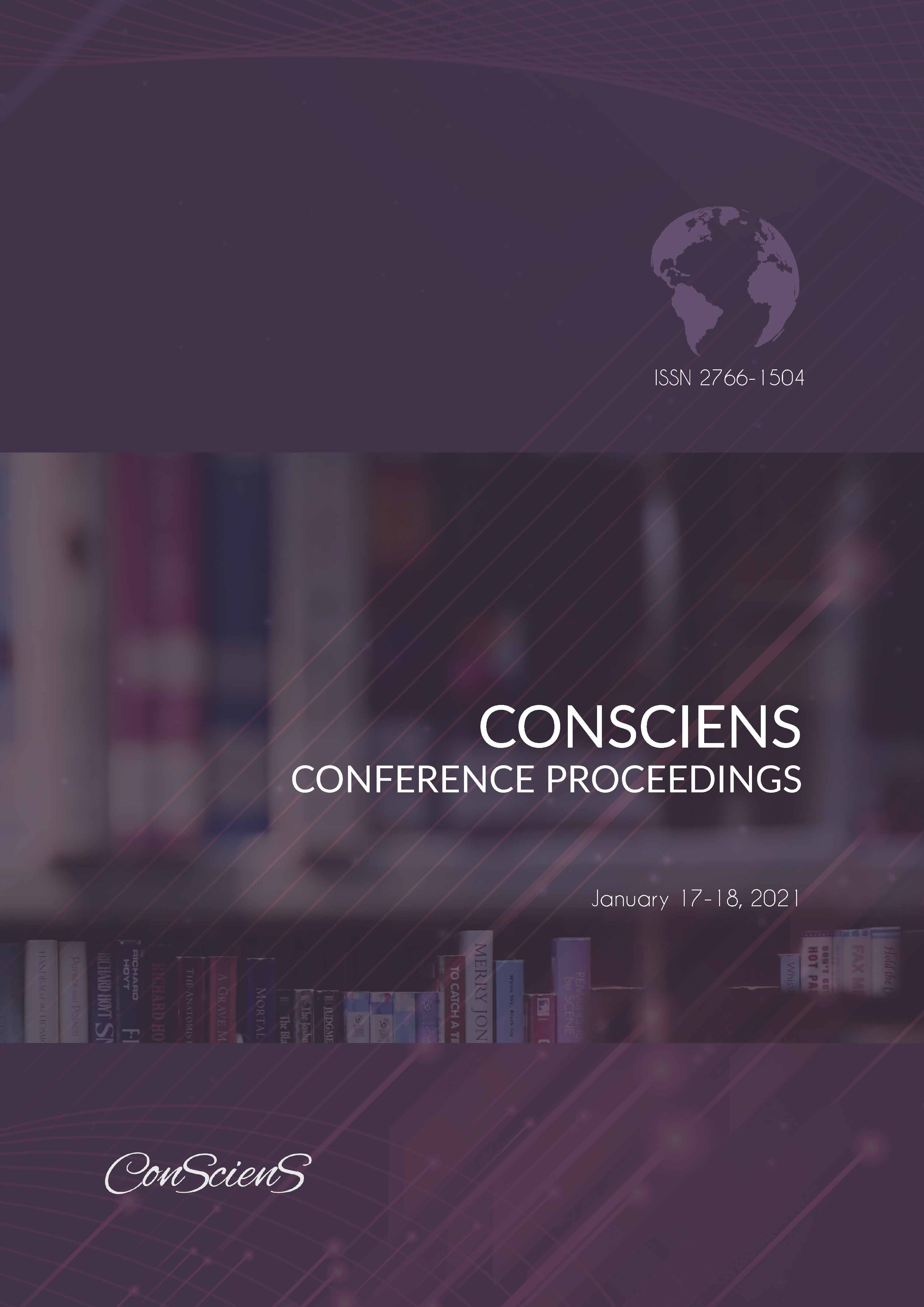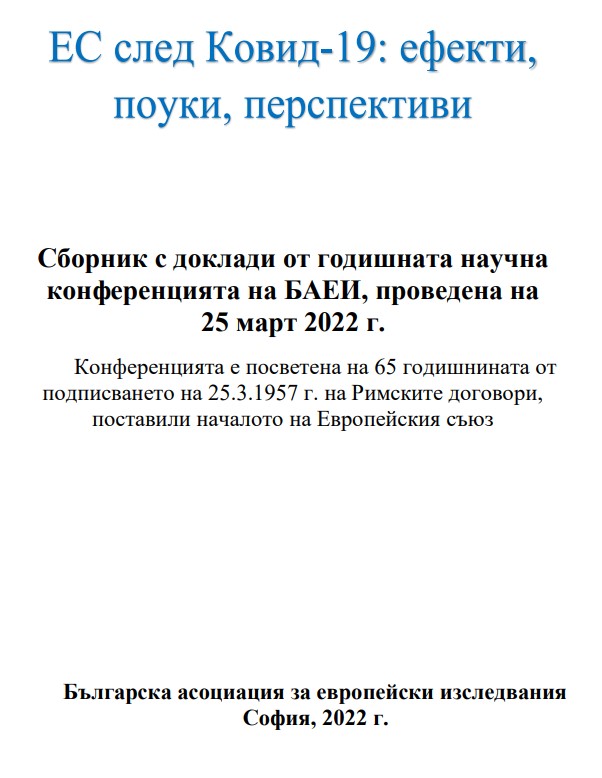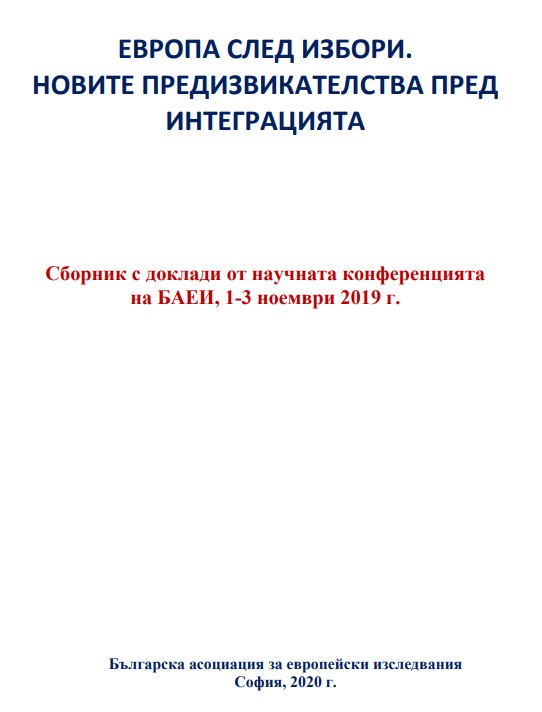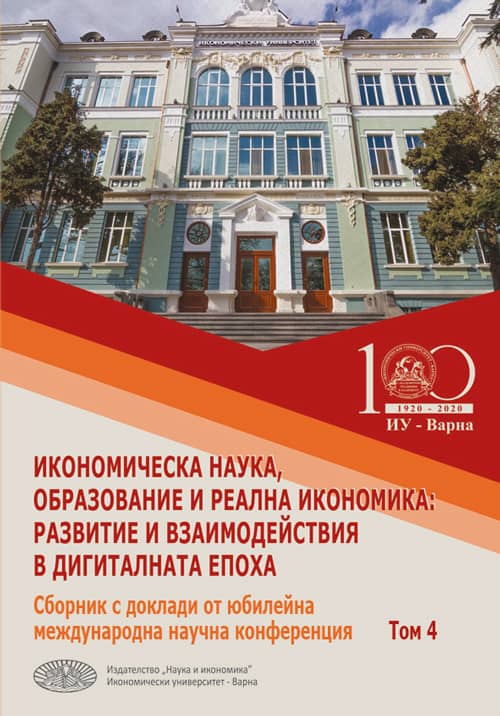
СОЦИАЛНАТА ПРОБЛЕМАТИКА В ОБЩАТА ИКОНОМИЧЕСКА ТЕОРИЯ
The economy creates goods, necessary for the existence of society and the people in it. This makes it an area which serves society, including its social objectives. The majority of the main schools, trends and authors in the sphere of general economic theory dwell to a certain extent on its social issues. It can be expected that economic theory involvement with social issues shall grow in the future.
More...
